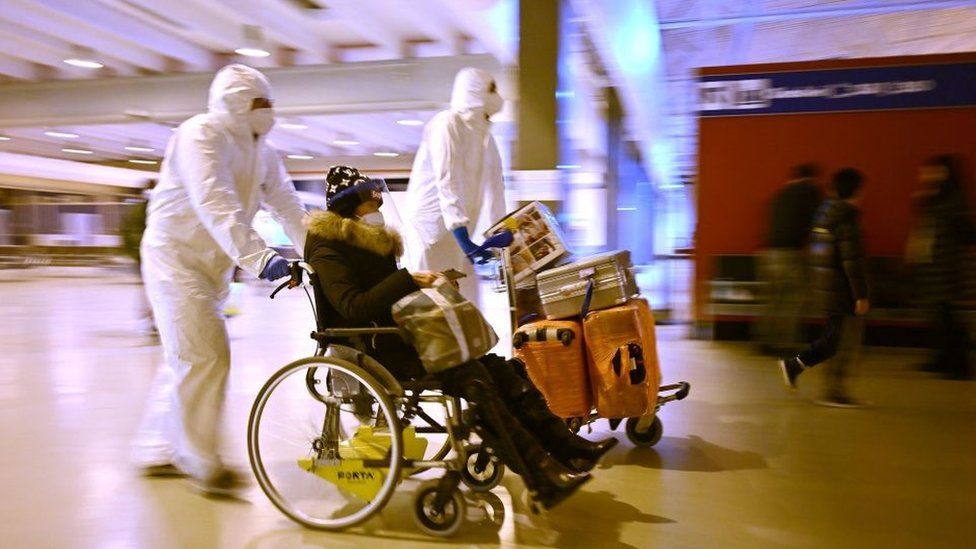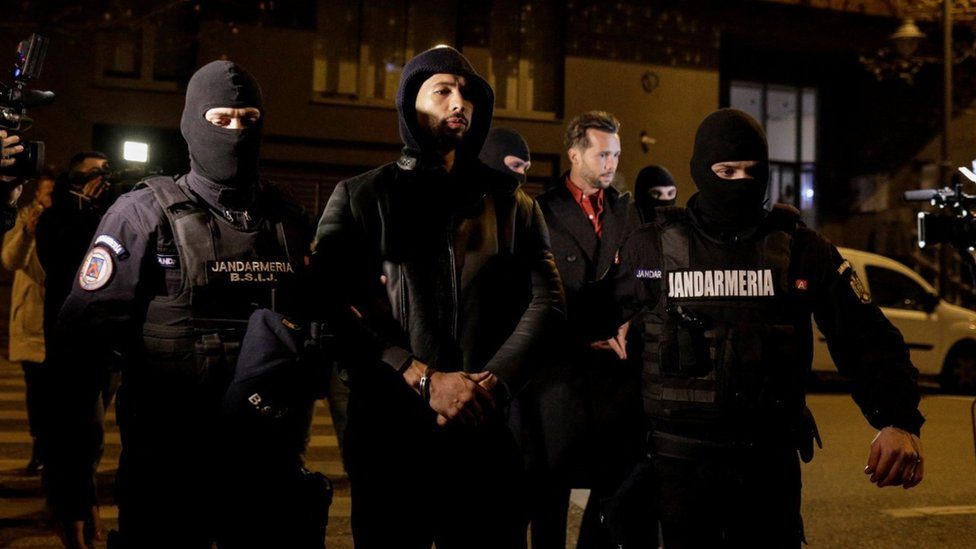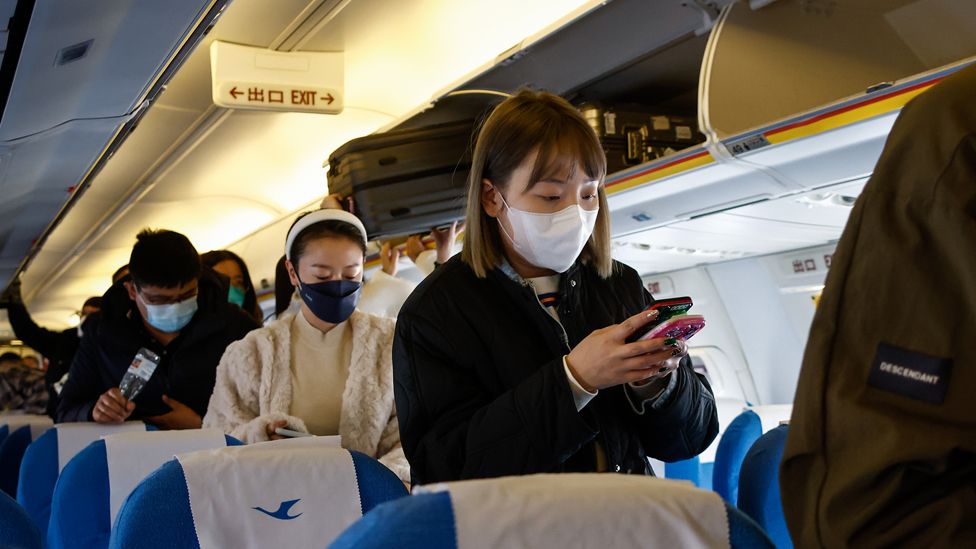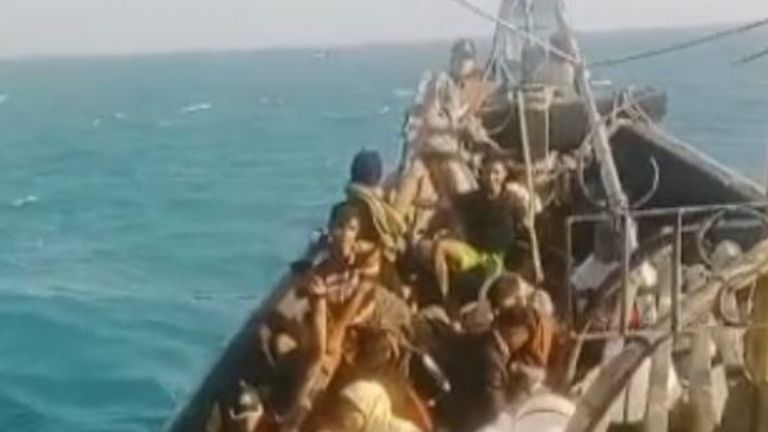
When a country of 1.4 billion people suddenly ended its zero-Covid policy after nearly three years, there was little doubt what would happen.
Poor immunisation levels and little natural immunity meant an explosion of cases - just as China is about to lift restrictions on its citizens travelling abroad.
So now, some countries - wary of an influx of cases - are imposing Covid testing, and possible quarantine, on visitors from China.
The Covid wave hitting China is not due to some radical new variant, but Omicron in its different forms.
BF.7 and BQ.1 are both sub-lineages of BA.5, which itself is part of the Omicron "family" - more contagious, more infectious than any previous Covid strain.
But these Omicron sub-variants have all been widely detected outside China - including in the UK.
Omicron has been the dominant global variant for more than a year, but that does not exclude the possibility that a new variant of concern will emerge in future.
A key reason that many countries are imposing Covid checks on travellers from China is the lack of surveillance data coming out of the country. The more Covid that is circulating, the more chance there is for the virus to mutate.
But new variants can pop up anywhere - the UK, Brazil, South Africa and India have all been the likely origins of previous variants of concern.
So will the new Covid test restrictions make any difference?
Several countries are asking travellers from China to produce a negative Covid test in order to gain entry.
The US said this would "slow the spread" of the virus, while scientists worked to identify any potential variants that may emerge. But no-one is suggesting that this will stop Covid cases coming in.
Italy has gone further, and is imposing mandatory post-arrival PCR tests on travellers from China. Those that test positive will need to quarantine for several days.
This has the advantage of enabling genomic sequencing of the virus, and so aids the search for new variants. But it will also add to airport congestion.
Italy's Prime Minister Giorgia Meloni said that those travellers from China who have tested positive so far are carriers of "Omicron variants already present in Italy". Italy wants an EU-wide approach on the issue - but the EU's disease agency says, for many reasons, that is "unjustified".
In the UK, there is plenty of Covid about. Probably well over a million people a week are getting infected, either at work, home or socialising - in other words anywhere people gather. The latest ONS survey estimated that around 1 in 45 people had the virus earlier this month.
But most of the UK population is very well protected from severe illness, via a combination of vaccines and repeated natural infection.
That means Covid - while still a potential danger here - is no longer the threat it once was.

More on Covid in China
This video can not be played
To play this video you need to enable JavaScript in your browser.
https://news.google.com/__i/rss/rd/articles/CBMiKmh0dHBzOi8vd3d3LmJiYy5jby51ay9uZXdzL2hlYWx0aC02NDEyMjYyNtIBLmh0dHBzOi8vd3d3LmJiYy5jby51ay9uZXdzL2hlYWx0aC02NDEyMjYyNi5hbXA?oc=5
2022-12-29 22:42:49Z
1709216377








